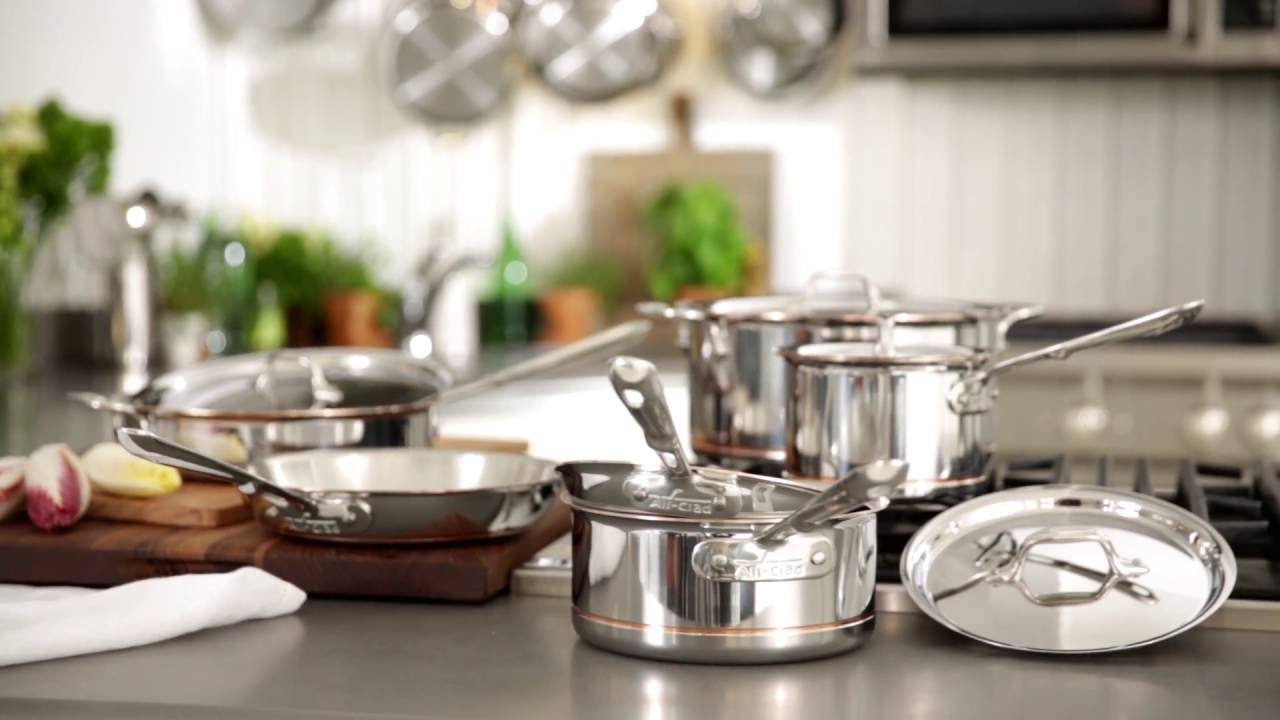Introduction:
In the pursuit of a healthier lifestyle, individuals across the United Kingdom are becoming increasingly conscious of the impact their choices make on overall well-being. One aspect often overlooked in the kitchen is the cookware used for preparing meals. This article delves into the importance of non-toxic cookware, exploring the potential health risks associated with traditional cookware materials and highlighting safe alternatives that promote healthy cooking practices for households in the UK.
Understanding the Health Risks of Traditional Cookware
Chemical Leaching:
Traditional cookware materials, such as non-stick coatings and certain metals, can leach harmful chemicals into food during the cooking process. These chemicals, including perfluorooctanoic acid (PFOA) and heavy metals, have been associated with adverse health effects.
Metal Contamination:
Cookware made from certain metals, like aluminum and copper, can release metal particles into food. High levels of these metals in the body have been linked to health issues, including neurological disorders and reproductive problems.
Non-Stick Coating Concerns:
Non-stick cookware often contains polytetrafluoroethylene (PTFE) and perfluorooctanoic acid (PFOA), which can release toxic fumes when heated at high temperatures. Prolonged exposure to these fumes has been associated with respiratory issues, known as “polymer fume fever.”
Safe and Healthy Cookware Alternatives
Cast Iron Cookware:
Cast iron cookware has been used for generations and is prized for its durability and even heat distribution. It naturally adds iron to food, which can be beneficial for those with iron deficiencies. Proper seasoning and care prevent food from sticking and maintain the integrity of the cookware.
Stainless Steel Cookware:
Stainless steel is a popular choice for non-toxic cookware. It is durable, resistant to rust and corrosion, and does not leach harmful chemicals into food. While it may not have non-stick properties, proper cooking techniques can prevent food from sticking to stainless steel surfaces.
Ceramic Cookware:
Ceramic cookware, often coated with a non-toxic glaze, is an excellent alternative. It does not leach harmful substances, is resistant to scratches, and provides even heat distribution. Some ceramic cookware can be fragile, so proper care is essential.
Glass Cookware:
Glass cookware is inert and does not release any harmful chemicals into food. It is an ideal choice for baking and roasting, as it does not react with ingredients. Glass also allows for easy monitoring of the cooking process.
Carbon Steel Cookware:
Similar to cast iron, carbon steel cookware is known for its durability and even heat distribution. It requires seasoning to build a natural non-stick surface. While it may not be as heavy as cast iron, it still provides excellent heat retention.
Benefits of Non-Toxic Cookware
Avoiding Chemical Exposure:
Non-toxic cookware eliminates the risk of chemical exposure during the cooking process. Choosing materials that do not release harmful substances into food ensures a safer and healthier cooking experience.
Preserving Food Flavor:
Non-toxic cookware, especially those made from inert materials like stainless steel and glass, preserves the natural flavors of ingredients without imparting unwanted tastes or odors to the food.
Durability and Longevity:
Many non-toxic cookware materials, such as cast iron and stainless steel, are renowned for their durability and longevity. Investing in high-quality cookware ensures that it withstands the test of time, reducing the need for frequent replacements.
Versatility in Cooking:
Non-toxic cookware comes in various forms, including skillets, pots, baking dishes, and more. This versatility allows for a range of cooking techniques, from searing and frying to baking and roasting.
Common Concerns and Myths
Myth of Non-Stick Necessity:
Many believe that non-stick cookware is necessary for easy cooking and cleaning. However, alternatives like well-seasoned cast iron or properly used stainless steel can provide a non-stick cooking surface without the associated health risks.
Difficulty in Cleaning:
Some individuals may express concerns about the difficulty of cleaning non-toxic cookware. In reality, many non-toxic materials, such as stainless steel and ceramic, are relatively easy to clean with proper care and maintenance.
Tips for Choosing and Caring for Non-Toxic Cookware
Research and Choose Wisely:
Before purchasing cookware, research the materials used and choose options that are non-toxic and safe. Look for reputable brands that prioritize health and environmental considerations.
Proper Seasoning for Cast Iron:
If using cast iron cookware, ensure proper seasoning to build a natural non-stick surface. Regularly oiling and baking cast iron helps maintain its non-toxic properties and enhances its longevity.
Avoid Overheating:
While many non-toxic cookware materials are resilient, it’s essential to avoid overheating, especially with empty pans. Overheating can lead to damage and reduce the effectiveness of seasoning in materials like cast iron.
Avoid Abrasive Cleaning Materials:
To prolong the life of non-toxic cookware, avoid using abrasive cleaning materials that can scratch or damage surfaces. Instead, opt for gentle cleaning tools and methods to preserve the integrity of the cookware.
Conclusion
The choice of cookware plays a crucial role in ensuring a safe and healthy culinary experience. Non-toxic cookware offers a compelling alternative to traditional materials that may pose health risks. As awareness grows regarding the potential impact of cookware on well-being, individuals in the United Kingdom are making informed choices to embrace non-toxic options. From cast iron to stainless steel, ceramic to glass, the range of non-toxic cookware available caters to diverse cooking preferences while prioritizing health and safety in the kitchen. By opting for cookware that aligns with these principles, individuals can not only enhance their cooking practices but also contribute to a healthier and more sustainable lifestyle for themselves and their families.
About The Author
Sarah Davis
Sarah Davis is an amazing person. She is a housewife who enjoys cooking and keeping her home in order. In her spare time, she enjoys writing and reviewing home appliances.

